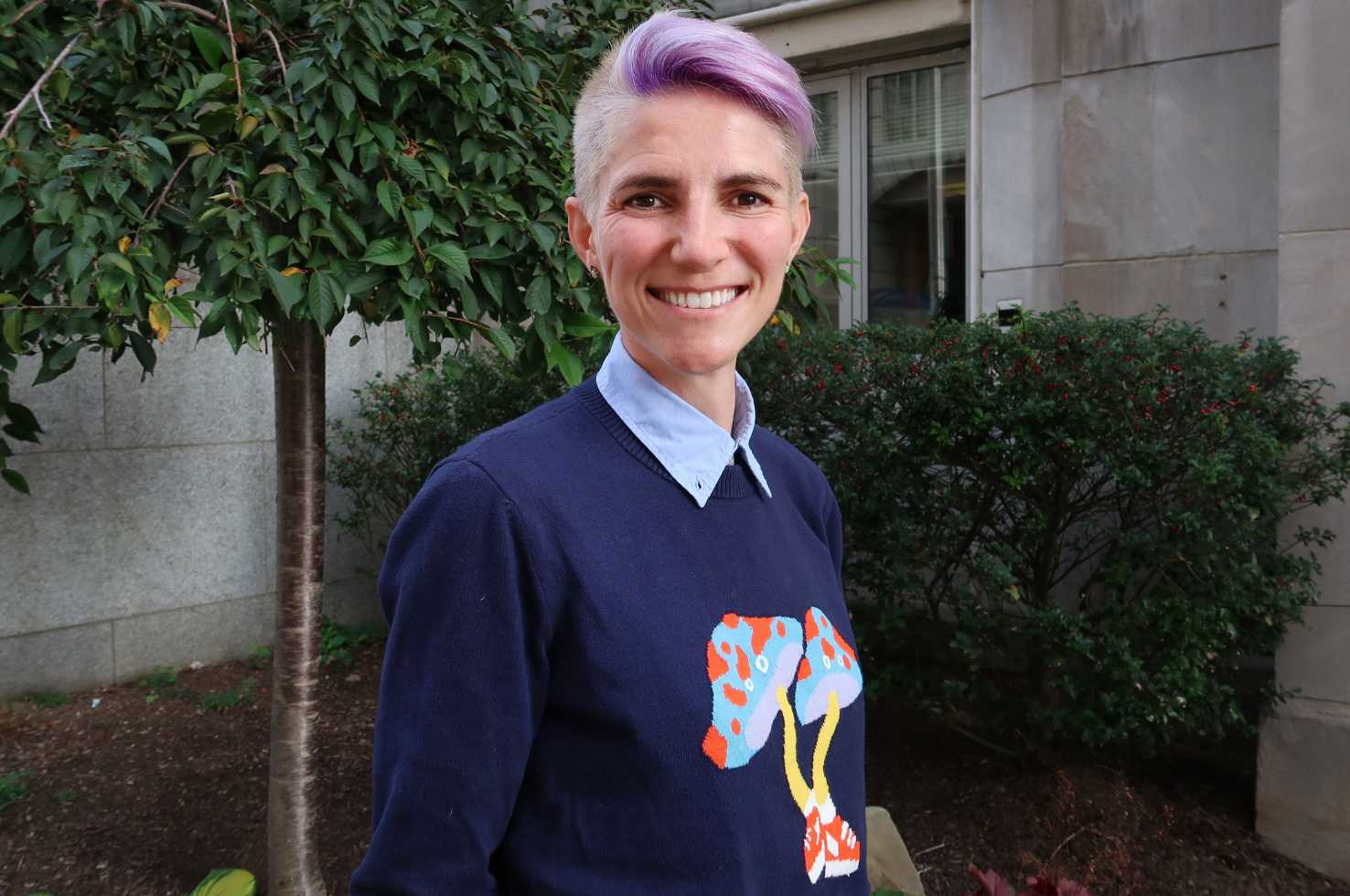Health Psychology: Effect of Daily Discrimination on Naturalistic Sleep Health Features in Young Adults

Poor sleep health is associated with negative physical and mental health outcomes. Some populations—including Black individuals and those with other minoritized racial and ethnic identities—experience inequities in sleep health. The determinants of sleep health inequities are complex and include social, environmental, behavioral, and biological factors. In particular, interpersonal discrimination can contribute to poor sleep health by stimulating physiological arousal, psychological distress, and/or hyperactivation of the sympathetic nervous system.
Research on the association of discrimination and sleep health has yielded mixed findings due to reliance on nonspecific, general experiences of discrimination, as well as an underappreciation of both intersectional identity (for example, the presence of a minoritized racial and gender identity) and the multidimensional nature of sleep health.
To improve our understanding of the complex determinants of multidimensional sleep health, investigators from Pitt Psychiatry including Amanda Tapia, PhD (postdoctoral associate); Meredith Wallace, PhD (Associate Professor of Psychiatry and Biostatistics); Brant Hasler, PhD (Associate Professor of Psychiatry, Psychology and Clinical and Translational Science); Jordan Holmes, MS (graduate student, Michigan State University); and Sarah Pedersen, PhD (Associate Professor of Psychiatry, Psychology, and Clinical and Translational Science), examined discrimination experiences attributed to 12 individual factors including race, skin color, education/income, gender identity, sexual orientation, and religion, and seven sleep health characteristics across a 17-day assessment window. Data was collected from 116 participants of a larger ongoing study. Participants recorded incidents of acute discrimination using an ecological momentary assessment protocol, and sleep health was measured using a daily sleep diary.
Results from the study, recently published in Health Psychology, revealed that young adults may sleep worse after experiencing discrimination, particularly in terms of total sleep time. In addition, different types of discrimination affected different sleep outcomes for Black and White individuals. Racial discrimination reduced total sleep time for Black individuals. Experiencing non-racial discrimination was related to reduced sleep time, earlier sleep offset, and reduced sleep efficiency for White individuals.
“Our findings demonstrate the acute impact of discrimination on sleep later that night. Studying multidimensional sleep health as well as multiple factors related to discrimination enabled us to gain a fuller, more nuanced understanding of how experiences of acute discrimination can affect sleep. Existing interventions for improving sleep health may benefit from incorporating direct discussion of discrimination experiences,” said Dr. Pedersen, the study’s senior author.
Effect of Daily Discrimination on Naturalistic Sleep Health Features in Young Adults
Tapia AL, Wallace ML, Hasler BP, Holmes J, Pedersen SL.
Health Psychology. 2024 Jan 8. doi: 10.1037/hea0001359
